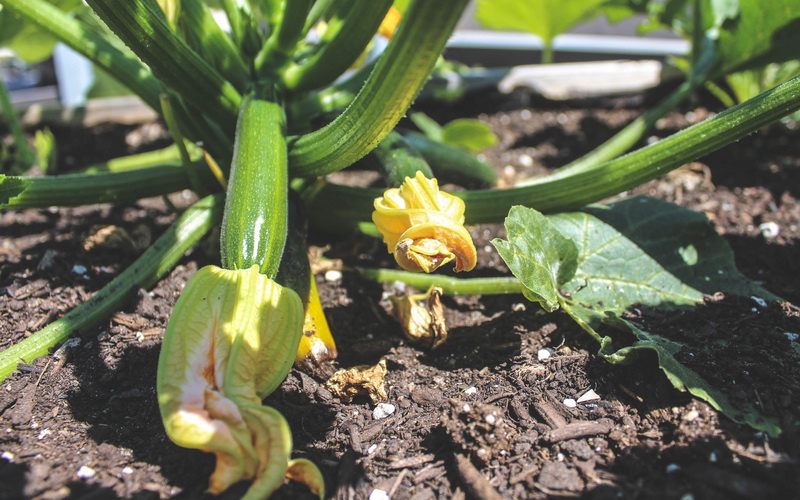Plants are like people. They need definite conditions to feel good. Too high or too low temperatures may affect the state of the plants. That’s why when you decide to start a garden, the first thing you should do is to pick up crops that will tolerate the climate conditions you live in. It’s a challenging task for those who live in the southern areas. In summer, the song is too strong. There is a risk to get sunstroke. The thing is the heat affects not only humans but greenery, too. If you are able to find shelter from the scorching sun, the veggies will die without your help.
There are two possible ways out. The first one is to place veggie beds in shade or to protect them with the help of tents or temporary shelter. This way takes a lot of time and money. That’s why it’s better to choose heat-tolerant vegetables. Then you don’t need to worry that the high temperatures will damage your yield. The following list includes 10 vegetables that love the heat.
- Hot peppers
Everyone who appreciates spicy food can’t but plant chili at home. You can choose among delicate, mild or sizzling hot varieties. The most common way to get peppers is to grow them from seeds. Peppers tolerate heat but need regular watering during the growing period and once a week after the fruits have set. It’s a good idea to apply fertilizer.
- Zucchini squash
There are only a couple of things you should keep in mind when growing zucchini squash. They don’t tolerate any frost and can’t be transplanted. To get a rich harvest you have to provide veggies with lots of organic matter. It’s enough to water once a week.
- Eggplant
Eggplants need plenty of room to be healthier and more productive. One of the main conditions of successful growth is weeding control. In order to avoid exhausting hand-pulling, you can apply landscape fabric. During the blooming period, you may side-dress the plants with organic fertilizers.
- Sweet potatoes
These veggies require at least 4 months of high temperatures. They like loose, well-drained soil. You shouldn’t prune the samples. Deep watering is a must.
- Okra
Okra needs full sun. There are no definite requirements for the soil. The vegetables grow well in any spot, yet, the ideal variant is loam variety. Alongside with regular irrigation, you have to provide the vines with enough compost and mulch.
- Southern species of tomatoes
Tomatoes are afraid of frost. While the traditional varieties do not tolerate the heat very well, the southern species need full sun. It’s not a good idea to apply too much soil. It affects the harvest.
- Pumpkins
You have to plant seeds only in full-sun spots. The veggies need at least 100 days of sun to reach maturity. They prefer rich soil. It’s worth applying the weed barrier to prevent pest problems. You should water the samples carefully trying to keep foliage and fruit dry.
- Basil
Basil is a warm-weather herb that fits well so many dishes. It needs protection from frost and wind. Soil should be moist and well-drained. It’s a good idea to plant basil next to the tomatoes. You are to get good yields.
- Corn
Even the slightest frost will kill your vegetables. That’s why you should plant corn only when all the dangers of frost are past. The best spot for corn is sunny and wind-protected one. When the stalks begin to tassel, you have to irrigate the vines.
- Beans
You don’t need to use extra fertilizers to promote a good harvest. You should only water the plants regularly and mulch soil to retain moisture.
